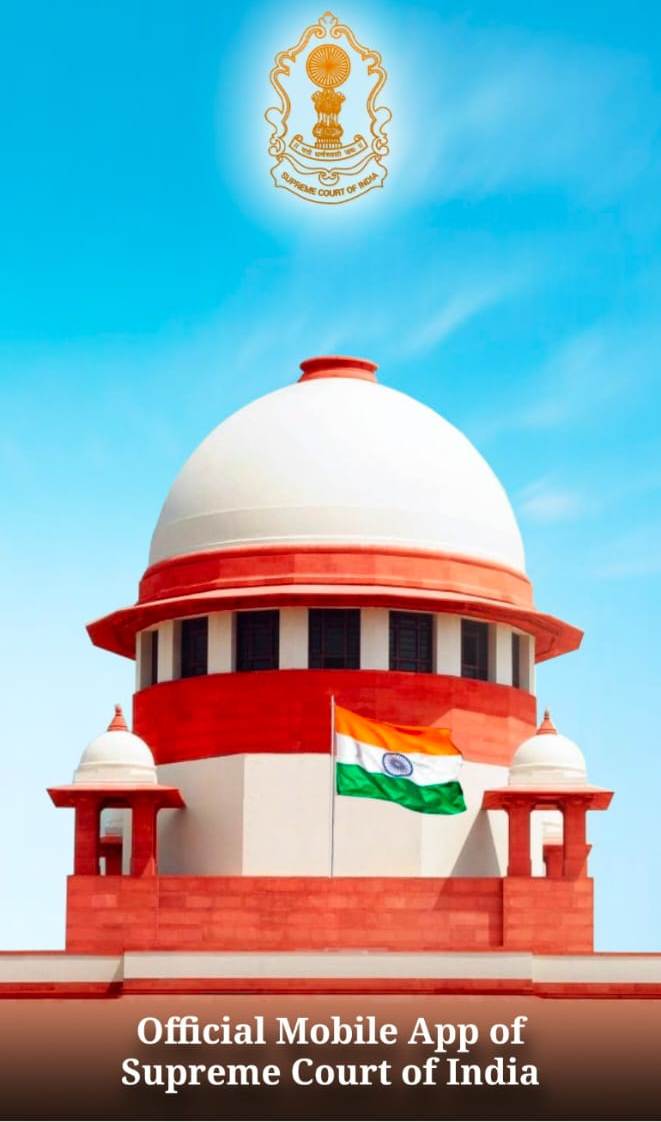The Apex Court dismisses the plea by BJP leader land advocate Ashwini Kumar Upadhyay challenging the Reserve Bank of India (RBI) notification allowing exchange of ₹2,000 currency notes without any identity proof.
A bench of Chief Justice of India (CJI) DY Chandrachud and Justice PS Narasimha noted that the currency notes were being exchanged as the purpose of demonetisation had been served.
The bench asked if a ₹2000 note to a vegetable vendor, will he ask your ID proof or tender you the things?
The CJI remarked that the issue is that of the executive governance. You cannot equate desirability with legality. A large amount of transactions happen in this fashion, would you say they are all illegal?“
The present plea was filed by Upadhyay filed the present appeal before the Supreme Court against Delhi High Court order rejecting his plea.
During theThe Supreme Court had during the recent summer vacations twice declined to allow urgent listing of the instant plea filed by the BJP leader and advocate against
The Delhi High Court had, in its verdict on May 29 reasoned that ₹2,000 notes had served their purpose and the decision to withdraw the same was a policy matter which should not be interfered with by the courts.
Upadhyay stated in his appeal that the High Court ruling was contrary to the objectives of multiple legislation meant to deal with black money, counterfeiting and money laundering.
Further, the RBI notification affects the rule of law in India, and is violative of the rights to equality and dignity as banks are allowed to convert black money into white, the appeal said.


